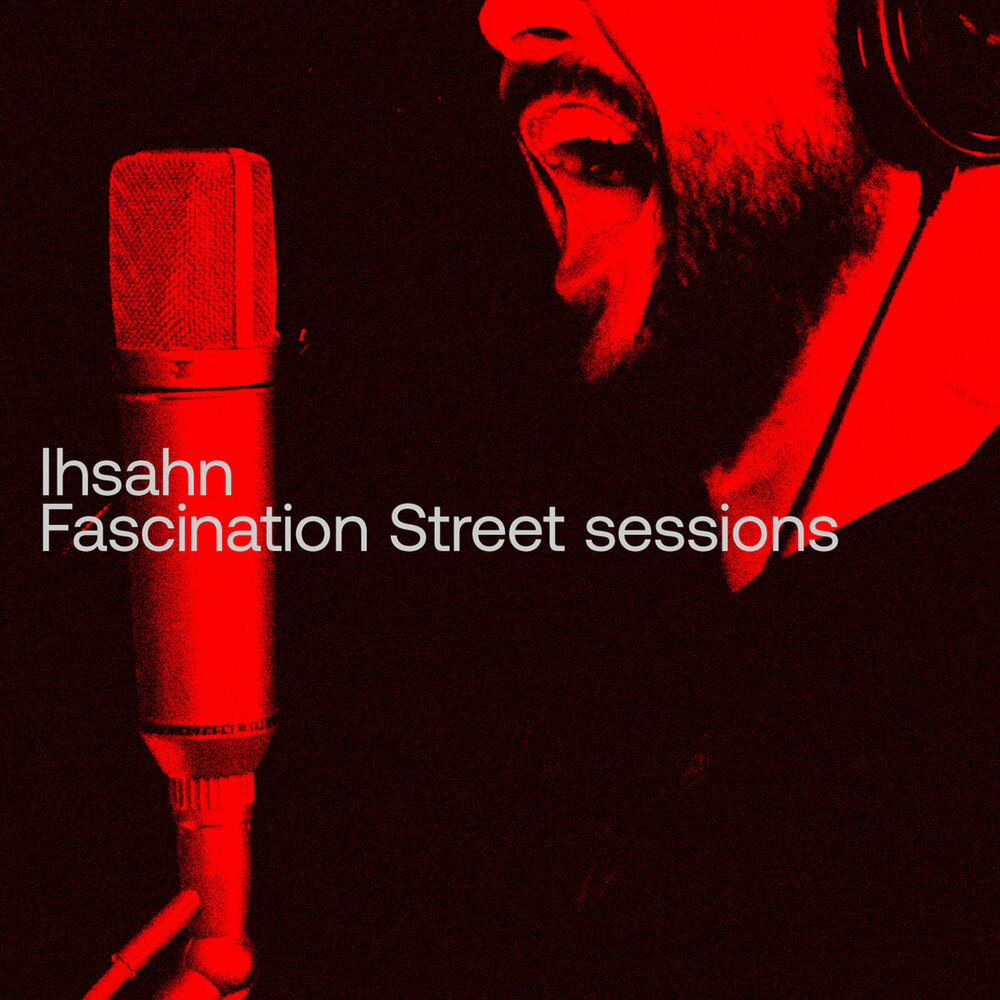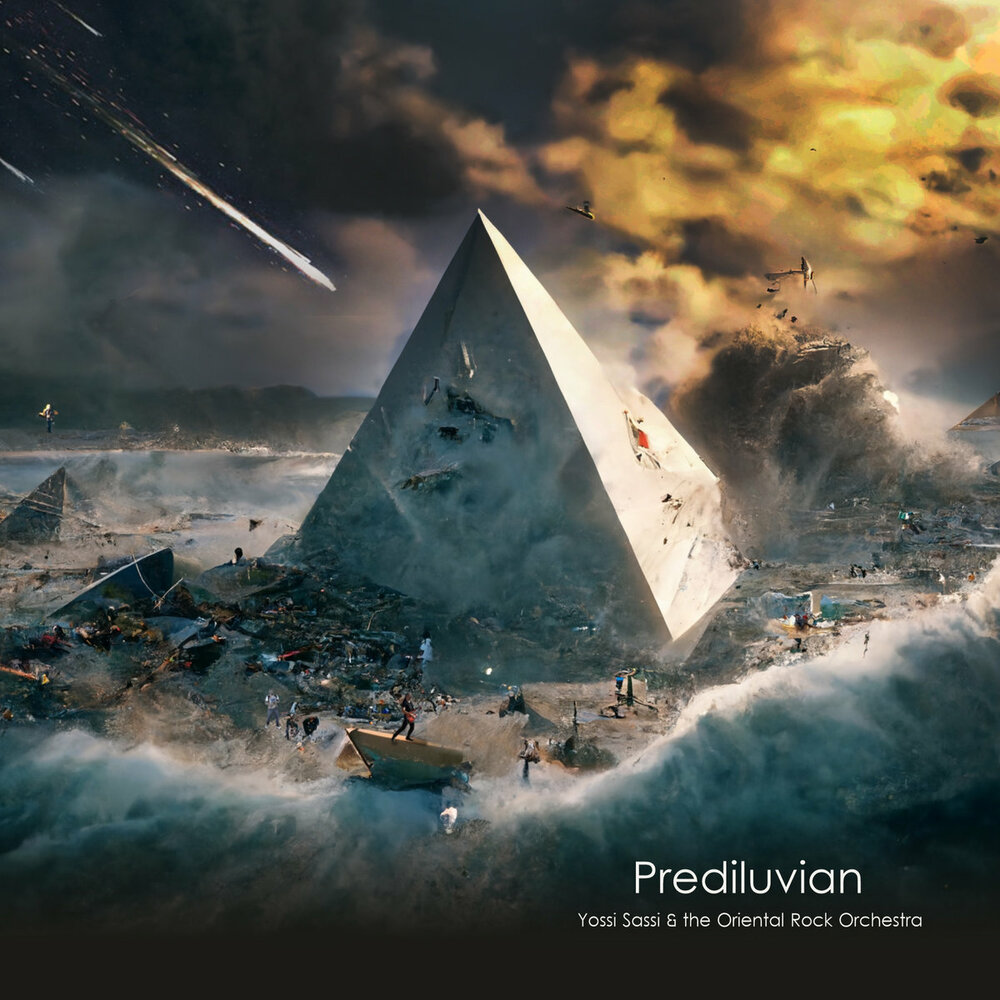 |
Country: Norway
Style: Progressive Rock/Metal
Rating: 6/10
Release Date: 24 Mar 2023
Sites: Facebook | Instagram | Metal Archives | Official Website | Twitter | Wikipedia | YouTube
Fascination Street Sessions is only an EP rather than a full length album and its trio of songs count for only thirteen minutes of music, but I've heard a lot of buzz about this release and ought to take a listen. And hey, Ihsahn seems to be releasing all his new music as EPs lately, this being his third in five years since his most recent album, Àmr in 2018. I didn't review Pharos in 2020 but I did take on Telemark earlier that same year, so I guess I've set precedent.
Both those EPs featured three original tracks from Ihsahn, along with a pair of covers, each one of them an interesting choice that we might not expect from a pioneering black metal musician. The choices on Pharos were songs by Portishead and a-ha, while Telemark tackled a Lenny Kravitz song and an early classic by Iron Maiden. Those choices ably highlight how broadly Ihsahn is casting his musical net nowadays. Not only is this not black metal, even though he brings in a harsh voice on a couple of tracks; it's often not even metal, dipping frequently from a prog metal mindset to a prog rock one.
If we took that three/two combo as a template, Ihsahn chose to ditch it here. Instead we only get a pair of original songs, The Observer and Contorted Movements, along with one cover, this time of a song by Kent, an alternative rock band from Sweden, called Dom andra, or The Others. This take is a little heavier, but still clearly a rock song, and it doesn't otherwise bring anything new to it, so it's much more important here as a further guide to what Ihsahn is listening to and is impacted by than as a new piece of music. To me, it's an introduction to Kent.
It also plays more consistently as rock music than the two originals. The Observer especially has an impressive range, starting out prog metal, dropping down to prog rock and then adding emphasis by trawling in that black metal harsh vocal and leaping back to metal. It's all about emphasis. The initial verses are softer, delivered as prog, perhaps even alternative rock, but the ramp up is pure metal and, however many times it goes back and forth, that's where it ends up, in prog metal with a harsh voice.
It's a good song, but I like Contorted Movements even more. It kicks in with a guitar solo from the old school hard and heavy era, when bands had become heavy enough to stretch the boundaries of hard rock but weren't quite at the point heavy metal would become when it found a need to mark a delineation from extreme metal. It softens like Contorted Monuments, but the ramp up is much more subtle, the harsh aspects of Ihsahn's voice creeping in rather than just taking over, and the music behind it follows suit, gradually accelerating into high gear rather than shifting up a gear to snap into it.
And that's about it, because three songs isn't a lot to talk about. This is a good release, but it's not the killer that I'd been led to believe. It also feels skimpy as an EP, even if that's just because we've been spoiled by the previous two. By comparison, it's short and there's enough room to bond this material together. In many ways, it is three individual tracks in the same packaging rather than an EP that says something new. It's a 7/10 for the music, but I've dropped a point for the length.
But, with that, I have to wonder about what we might expect from an Ihsahn full length. He's never gone more than three years without one as a solo artist until now. A blip during COVID lockdowns is understandable, but he's definitely been busy with his music, knocking out more than an album's worth since Àmr. I wonder if he's seeking a new direction and isn't sure if he's found it yet. Frankly, whether he is or isn't, I'm still listening.


















